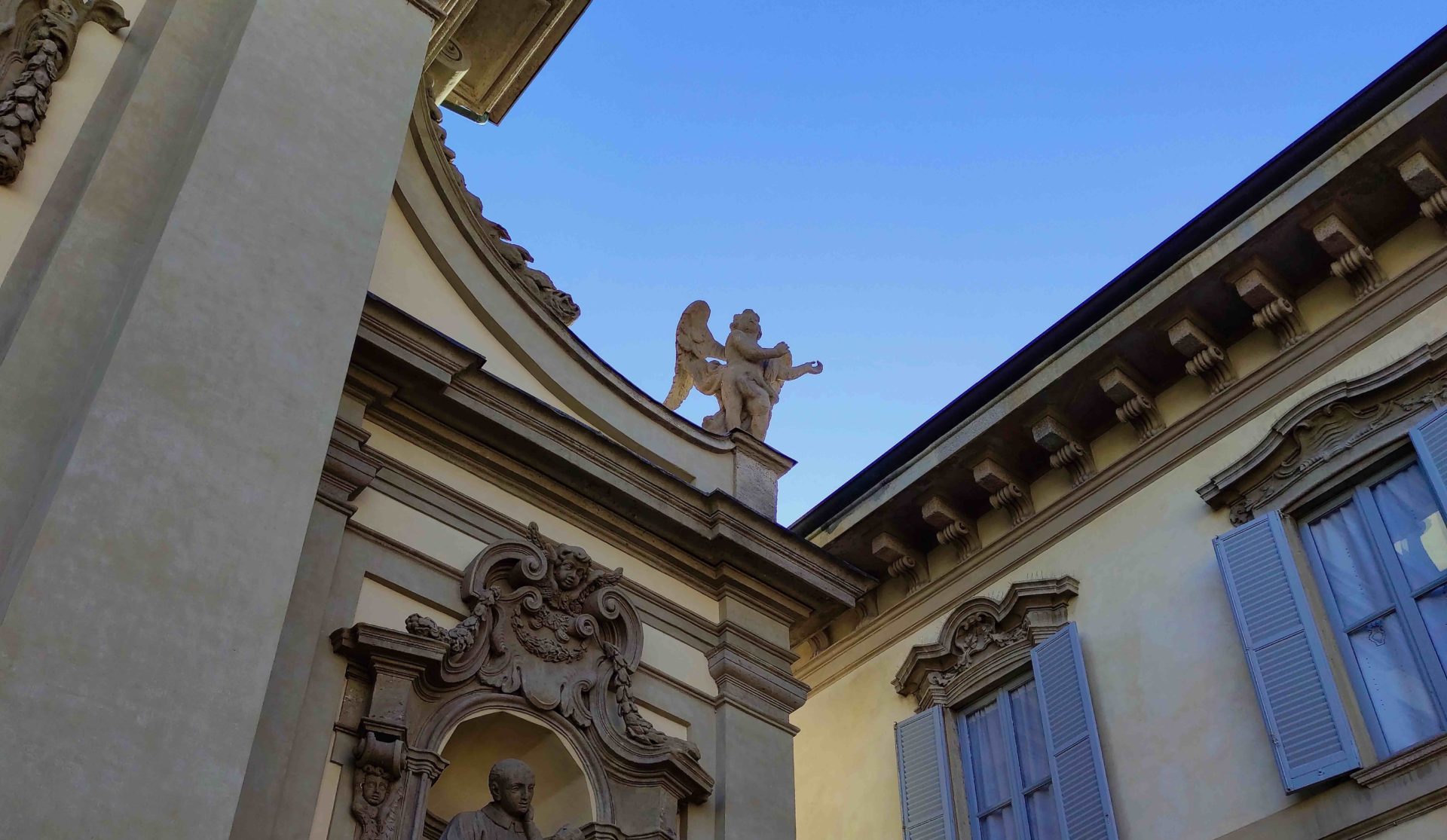The International strategy has always aimed at establishing the “G.Verdi” Conservatoire as a leading International Conservatoire in and outside the European boundaries. We believe that internationalisation is one of the most important investment for the future.
The Conservatoire’s commitment to reinforce and develop international cooperation with a special focus on extra-European countries, namely Northern America, Russia, China, Japan and Corea is the core of the 2014-2020 strategy.
The selection criteria of partners range from exchange sustainability (both financial and geographical), reciprocity, curricula diversity and integration, potential job careers offered in the host country.
Target Groups:
- Mobility Enhancement
-With reference to study mobility, our purpose is to increase the number of outgoing students by 60% within 2017
– training mobility will be encouraged as well and developed by means of specific agreements with enterprises operating in
the music and art sectors.
-A further step towards a better integration between new learning and teaching approaches will be moved with an increase
of 30% teachers mobility by 2017.
-The administrative staff training will be promoted in the belief that a sharing of best practices may be highly effective on projects management and resources exploitation.
- Increase attractiveness
Traditionally our Institutes is attracting students from several UE and extra-UE countries. Our purpose is increase by 3%
the actual foreign students rate (22%).
Excellence in Education
We are committed to embedding of an abroad study and/or training period 10 all academic curricula as an essential
contribution to the consolidation of the existing excellence in academic results of our Institution.
The Conservatoire of Milan is committed to foster international cooperation and promote the actual projects, started in recent years, which have led, for instance, to the creation of a joint ensemble with the Conservatoire National Superieur de Musique et de Danse de Paris focusing in contemporary music performance (with study sessions, rehearsals, and live music performances), or with the State Conservatory of St. Petersburg for the setting up of lyric operas.
The above mentioned cooperation will be extended by means of a multilateral receptiveness towards further partners and through collaboration to new projects (eg. ancient and baroque music e music and distance education).
A larger visibility at International level and the increasing number of foreign students that the Milan Conservatoire is attracting may give way to the development and implementation of a multilingual approach, both in the existing curricula as well as in the general organization of the instrumental schools and administration.
We believe that a better integration of the diverse student components is a priority.
Internationalization may be highly effective on the decrease of dropouts caused by language and culture barriers.
A systematic comparison with parallel education systems, particularly of the extra-European countries, may reinforce the need for a third cycle of studies in music high education, which in Italy is still to be experimented.
Eventually the enrichment of the educational offer will lead to the creation of professionals with new skills that may satisfy the demand of the music entrepreneurship’s changing world more adequately.

